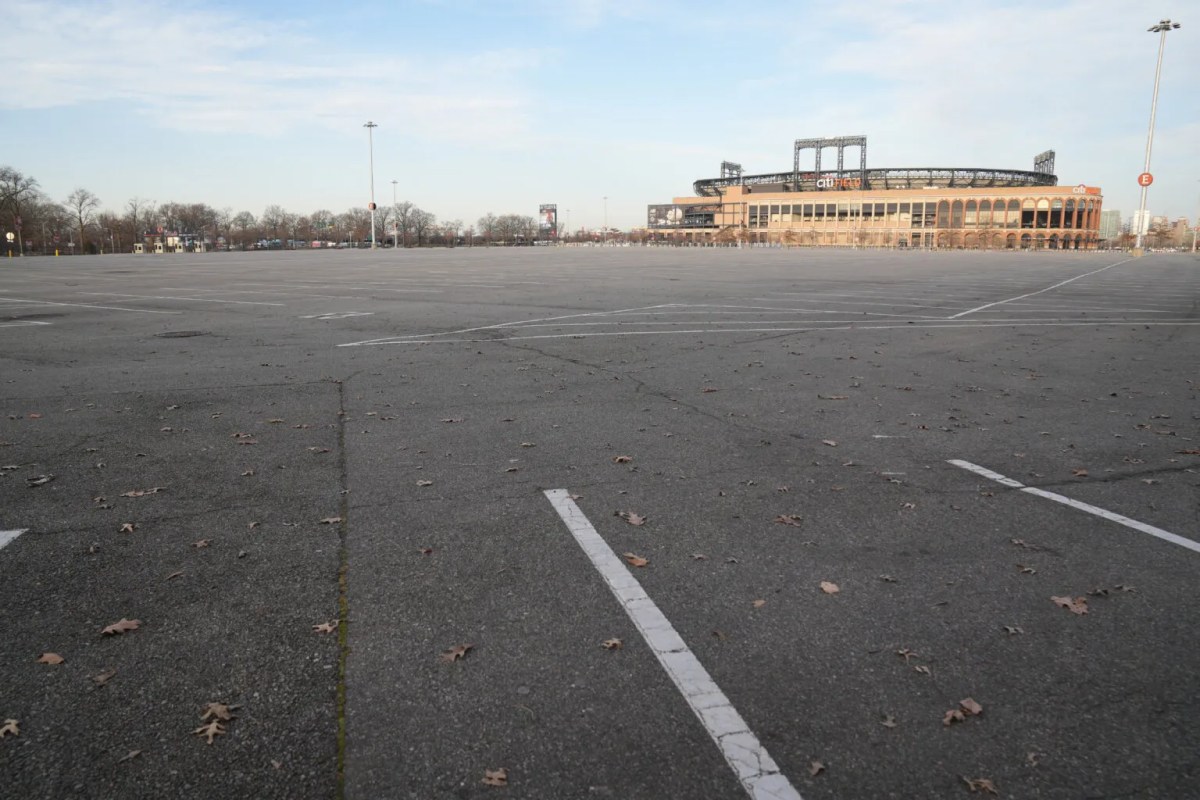
City Hall is just blowing smoke with its new residential anti-tobacco measures, according to landlord groups.
Mayor Bill de Blasio signed a measure into law Monday that will require residential landlords to craft a policy explaining where smoking is permitted in their buildings — if at all — and to share these protocols in leasing documents beginning August 2018.
The de Blasio administration said it will not fine residents for violating their buildings’ smoking policies. But it has not chartered a clear pathway for landlords to enforce them either. This has some residential companies concerned about how to police residents, particularly in their private homes, and about how to enforce rules in the absence of hard evidence, according to landlord industry groups.
“It’s totally unenforceable,” said Frank Ricci, director of government affairs at the Rent Stabilization Association, which represents owners of rent-regulated buildings. “It could put owners in a very libelous position because another tenant in the building could say, ‘Hey, there’s a no smoking policy, and the owner’s not doing anything about it’ . . . and wind up suing the owner.”
De Blasio spokeswoman Olivia Lapeyrolerie said the city will work through the details of the enforcement mechanisms.
“This is a common sense ruling that keeps families safe from secondhand smoke in their homes and allows New Yorkers to make an informed decision on where they want to live,” she said.
Lapeyrolerie said city workers will ensure that buildings have created and disclosed smoking policies during inspections of residences that are currently conducted at least once a year. The city will also look into any complaints it receives from the public. Landlords that fail to disclose buildings’ smoking policies could be fined $100.
Carl Hum, senior vice president at the Real Estate Board of New York, said if the city attempts to enforce the law, it may wind up burdening landlords with fines without effectively targeting smokers and their habits.
“We feel that it’s overly burdensome,” said Hum, noting that it has already become common for landlords to adopt clear policies on smoking. “Why have a regulation on the books only for a gotcha purpose?”
Hum suggested the city examine how effective existing anti-smoking measures have been before expanding them.
For years, the city has banned smoking in the common areas of buildings with 10 or more apartments. Beginning in February, the city will extend this prohibition to include buildings with three or more units.
But smokers said little happens when people do not abide by the ban. Since January, the city Health Department has issued 116 summonses for violating the law that prohibits smoking in common areas of residences as well as in offices, restaurants, bars, public transit facilities, shops and other locations.
“It comes down to informing on your neighbor … there’s no outside enforcement whatsoever,” said Audrey Silk, founder of Citizens Lobbying Against Smoker Harassment, who described the new measures as a tool to pressure landlords into adopting anti-smoking rules. “This is psychological warfare.”
Peter Urquiaga, who chooses to go outside and smoke so he can avoid smelling up his Kingsbridge apartment, said the rules may curb how often some people smoke. But he noted that some of his neighbors already ignore prohibitions on smoking in the hallways and stairwells.
“It’s just tough to put those kinds of laws out and expect everyone to follow them,” said Urquiaga, 33. “It’s like all right, ‘I can’t smoke in my building, but who’s here to enforce that?’ Do we have a doorman now? Is there a security guard? Is my rent going to go up because we just hired a doorman and a security guard?”





































